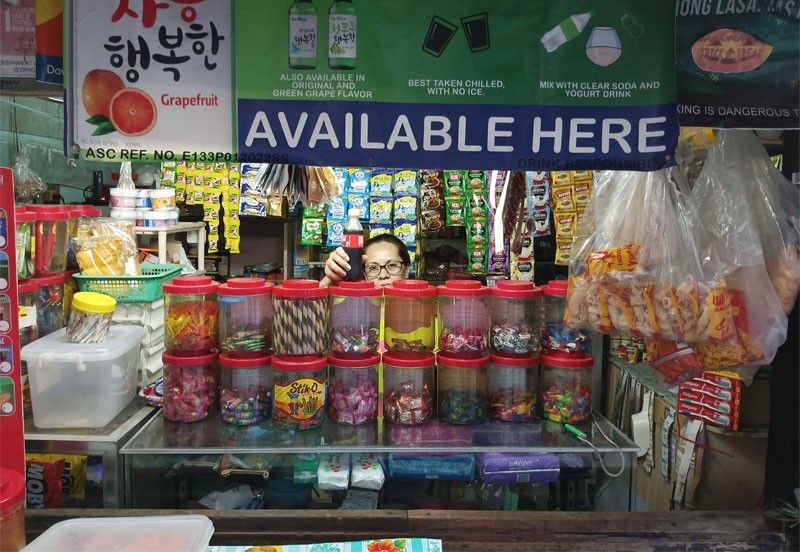Study: Filipino kids' food loaded with sugar, sold with 'misleading' labels

MANILA, Philippines — More than a third of commercially produced packaged foods for children up to three years old contain added sugars or sweeteners, a new study by the UNICEF Philippines and Consortium for Improving Complementary Foods in Southeast Asia (COMMIT) found.
The study, which assessed over 180 infant cereals, snacks and meals, also found widespread use of misleading labels and a lack of strict government regulations on these products.
UNICEF said the findings explain the current state of children's nutrition in the Philippines, which is facing a "triple burden" of malnutrition wherein high rates of stunting, wasting and a rapid increase in overweight and obesity among children are taking place at the same time.
Nearly one in 10 Filipino children aged five to 10 years old are considered overweight, according to the 2019 Expanded National Nutrition Survey conducted by the Department of Science and Technology – Food and Nutrition Research Institute. The same data applies to those aged 10 to 19 years old.
The UNICEF and COMMIT study noted that most unhealthy food products are marketed and promoted as suitable for consumption by children aged six months to three years old.
None of the products analyzed also included labels in the Filipino language, making it difficult for most parents and caregivers to correctly understand the nutritional content of the products.
One in four food products assessed for the study also does not recommend the minimum age of consumption as at least six months old.
The study also noted that while nearly all dry or instant cereal products are fortified, its fortification levels fall below the recommended standards.
"Children have a right to good nutrition. Without updated and enforced food regulations to protect children, they will consume more unhealthy foods that have high sugar content and sweeteners," said Oyunsaikhan Dendevnorov, UNICEF representative to the Philippines.
The absence of strict regulations can "displace" essential nutrients, harm children's dental health and lead them to develop unhealthy eating habits later in life that lead to obesity and non-communicable diseases, he added.
Comemrcially produced food make up a large chunk of young children's diet in the Philippines, with 83% of mothers from urban areas reporting they provide these foods to their young children daily, the study found.
Labels also matter for mothers' purchasing decisions. A staggering 90% of mothers surveyed said that they paid attention to product labels in their decision-making process.
Authors of the study said the findings should prompt the government to improve its regulations for the sale of commercially produced food and prohibit the use of added sugars and sweeteners.
They also called to ban "misleading marketing and labeling" of food and to educate parents about "deceptive marketing and labeling practices."
A two-part Philstar.com special report in 2023 found that sales of snacks high in sugar content are partly boosted through social media marketing, often with "mommy influencers" or content creators primarily promoting these products as affiliates.
- Latest
- Trending































